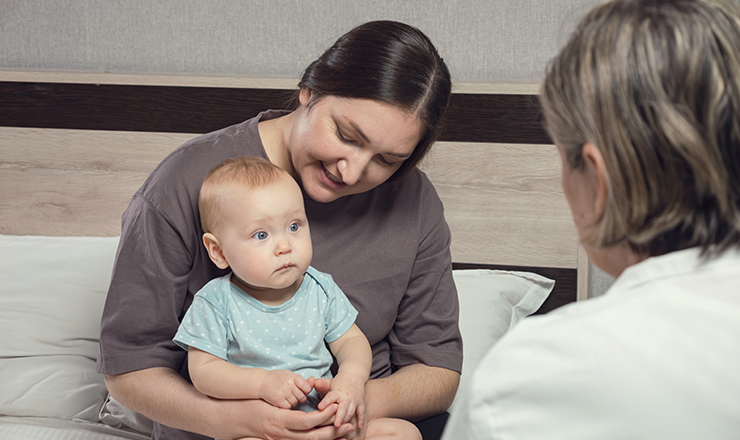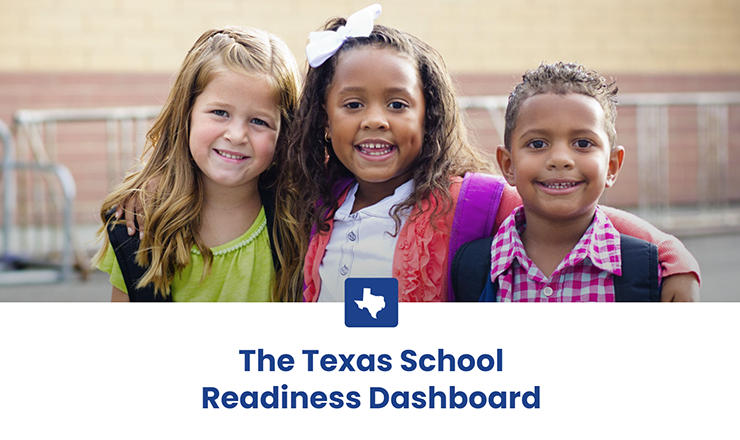- Home
- /
- Research Topics
- /
- Screenings
Screenings
Screenings help identify potential health or developmental issues early in life. This enables timely intervention and support, optimizing a child’s potential for healthy growth and learning. Regular screenings can detect problems related to hearing, vision, and physical growth, as well as cognitive, emotional, and social development.
Featured Resource
Comprehensive screening and connection programs increase families’ connections to needed services and may enhance optimal child health and development.
Related Resources
- Blog
- |
This is a guest post by Kim Gilsdorf, a Program Officer for the Perigee Fund, a national philanthropy committed to prenatal-to-age-3 mental health. I work with organizations that support the mental health of families every
- Blog
- |
The non-profit organization Texans Care for Children drives policy change to improve kids’ lives, helping them to grow up healthy, safe, and successful. But without local data, Texans Care for Children struggled to inform lawmakers
With most legislatures adjourned for the year, we recap the 2024 action on state policies to support children and families. So far this year, lawmakers throughout the country debated—and many passed—legislation that aligns with four key components of the prenatal-to-3 system of care.
States and community organizations can increase awareness of credits. Increasingly, the state and federal government use tax credits, such as the child tax credit and the earned income tax credit, to support families with low
Evaluating Texas’s in-kind and monetary assistance during COVID-19 To promote nurturing and responsive parent-child relationships and healthy home environments, states can offer home visiting programs to expectant and new parents with young children. During the
- Blog
- |
Though most legislative sessions have adjourned, lawmakers and advocates across the country continue to advance efforts to support children and families. A lot can happen at the tail end of a legislative session, as Colorado







